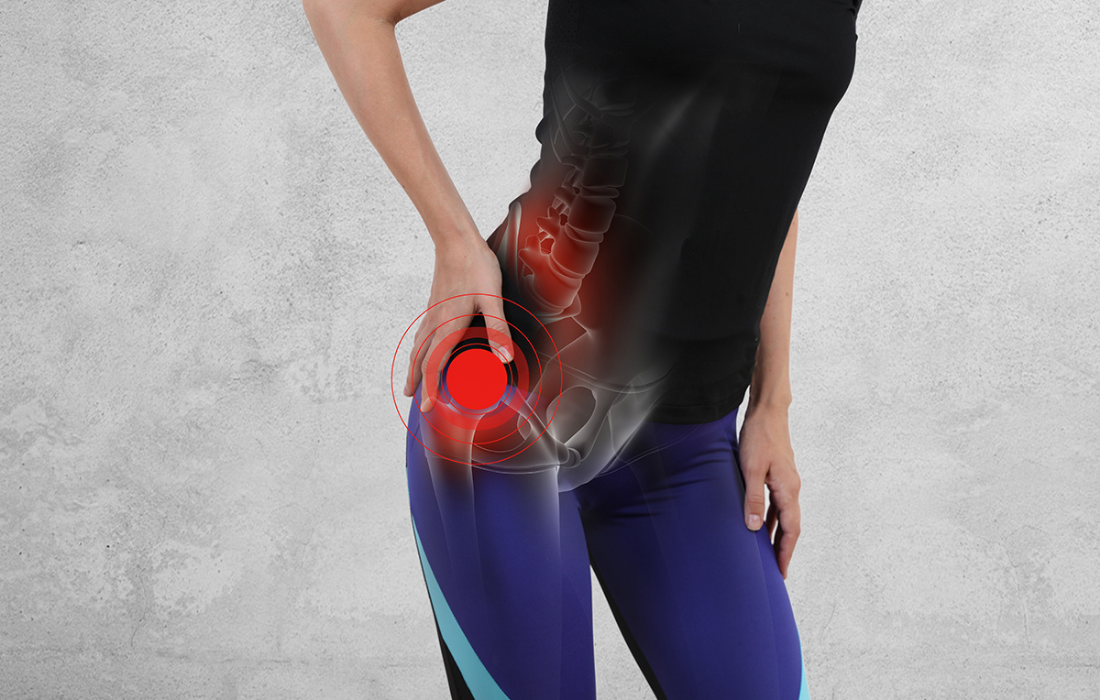Femoroacatabular Impingement (FAI): What you need to know by Patrick S. Buckley, MD

Femoroacatabular impingement, also known as FAI, is a common cause of hip pain in young adults. On a basic level, the hip is a ball and socket joint. FAI is a condition that develops when there is asymmetry between the ball and socket and the ball contacts the socket in an abnormal way during normal hip motion. Our hips work best when the curvature of the ball (femoral head) and socket (acetabulum) match. Often, patients can develop a “bump” on the ball (CAM deformity), or a socket that has over-coverage (pincer deformity) or is too shallow (dysplasia). All of these conditions, alone or in combination, can lead to FAI.
This abnormal contact between the ball and the socket can lead to a number of downstream effects. Most important, this can cause pain—often in the groin area—that limits patients’ activities. When I see patients with this condition, they often complain of pain with activities that rely on hip flexion (where your knee comes closer to your trunk) such as walking up stairs, high-level athletics, hiking or getting up from a seated position. Furthermore, altered bony mechanics of the hip can lead to muscle imbalances that result in pain and muscle weakness.
Treatment options for FAI range from physical therapy, injections and minimally invasive surgery. The surgical treatment for FAI differs based on each patient’s individual goals and pathology, but surgery can often be accomplished in a minimally invasive way.
Hip arthroscopy is a procedure where a small camera and instruments are inserted via small incisions to visualize and address the abnormal areas of bony contact in the hip joint. Through this technique, we can address labral tears and cartilage damage, and we can reshape the bony areas causing impingement. No matter what the treatment, physical therapy is an important component of the recovery from surgery. Physical therapy can help to restore normal muscular control once the bony anatomy of the acetabulum and/or femoral head have been addressed.
If you think you have FAI, you should be evaluated by a physician experienced in diagnosis and treatment of this condition. At University Orthopaedic Associates, our sports medicine experts can discuss FAI with you and help you evaluate which treatment is right for you. My colleague, Dr. Charles Gatt and I (Dr. Patrick Buckley) both treat this condition. Contact us today to request an appointment.

